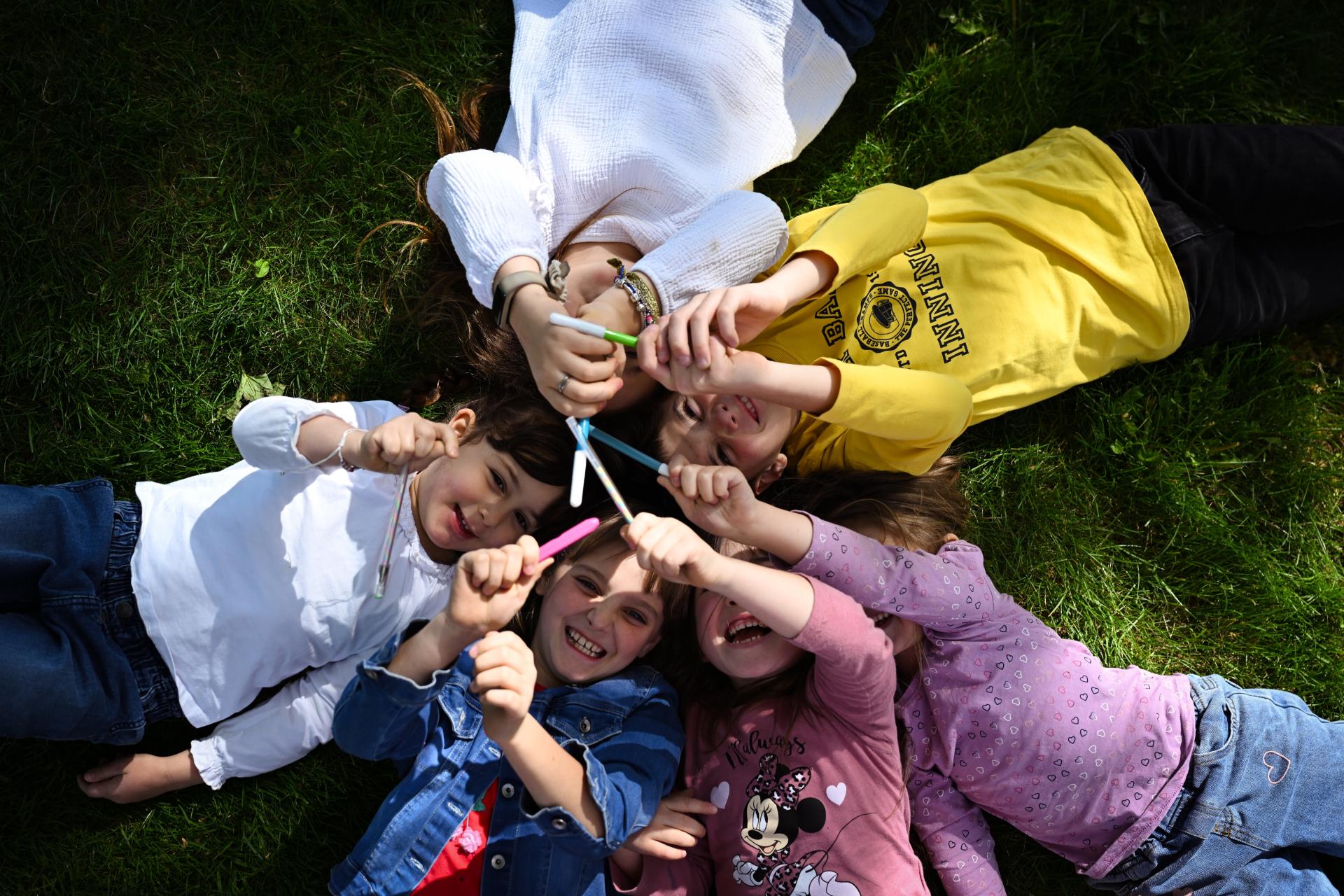THE UNI EN 1176 STANDARD
The UNI EN 1176 standard, introduced in 1998 and updated in 2018, establishes the safety requirements for playground equipment in public parks. Originating from the German DIN 7926 standard, it specifies the technical details and information that manufacturers must provide, such as minimum clearances, surface types, fall heights, and inspection and maintenance procedures. Although it does not guarantee complete safety, it has contributed significantly to reducing accidents. However, accidents can still occur due to inadequate maintenance or poor inspections. Although not required by law, compliance with the UNI EN 1176 standard protects manufacturers and operators, reducing legal risks in the event of accidents.
WHAT SHOULD YOU PAY ATTENTION TO WHEN PURCHASING?
The UNI EN 1176 standard requires that customers must be provided with details about the safety area, fall heights, and assembly instructions at the quotation stage. Particular attention should be paid to the fall zone and the possible need for impact-absorbing surfacing, which is sometimes mandatory.Every play structure at a public playground must bear a label indicating the manufacturer/distributor, year of construction, applicable standard, and product code — ensuring greater safety and facilitating spare parts management.In contrast, the UNI EN 71-8 standard applies to toys intended solely for domestic use and not suitable for public areas such as schools or nurseries.The manufacturer must supply a manual for regular inspection and maintenance, along with a declaration confirming correct installation. It is important to remember that even compliant equipment may pose risks — for example, due to insufficient safety spaces, lack of impact-absorbing surfacing, or incorrect installation.
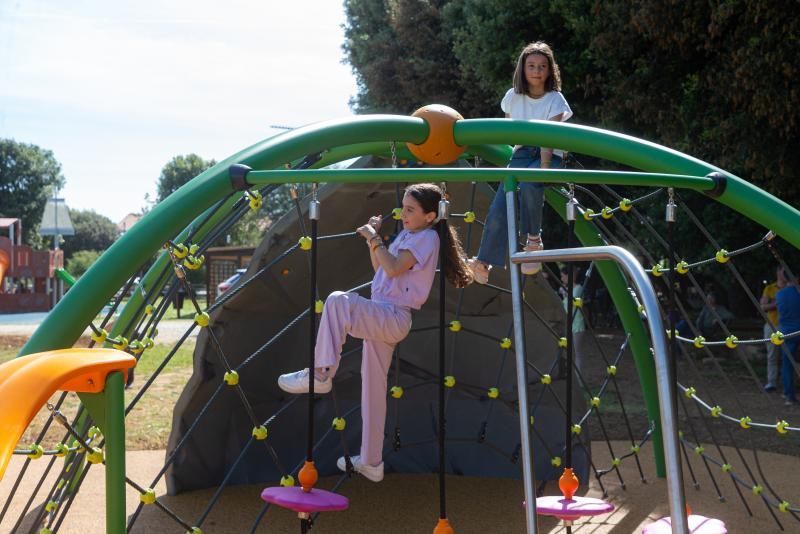
DO THE PLAY STRUCTURES HAVE TO BE TYPE-APPROVED?
TÜV approval is not mandatory for playground structures, but equipment installed in public parks must be compliant with the current standards, especially UNI EN 1176. Most manufacturers provide certificates confirming the compliance of standardised equipment. TÜV verifies compliance with the standard and, if successful, awards the GS mark (Geprüfte Sicherheit – Certified Safety).For custom-made items, such as those built with black locust wood, which cannot be certified as standard due to their irregular form, the customer may request a declaration of compliance with the EN 1176 standard from the manufacturer. Alternatively, the customer may apply directly to TÜV for independent certification of the playground to ensure the safety and compliance of the installed structures.
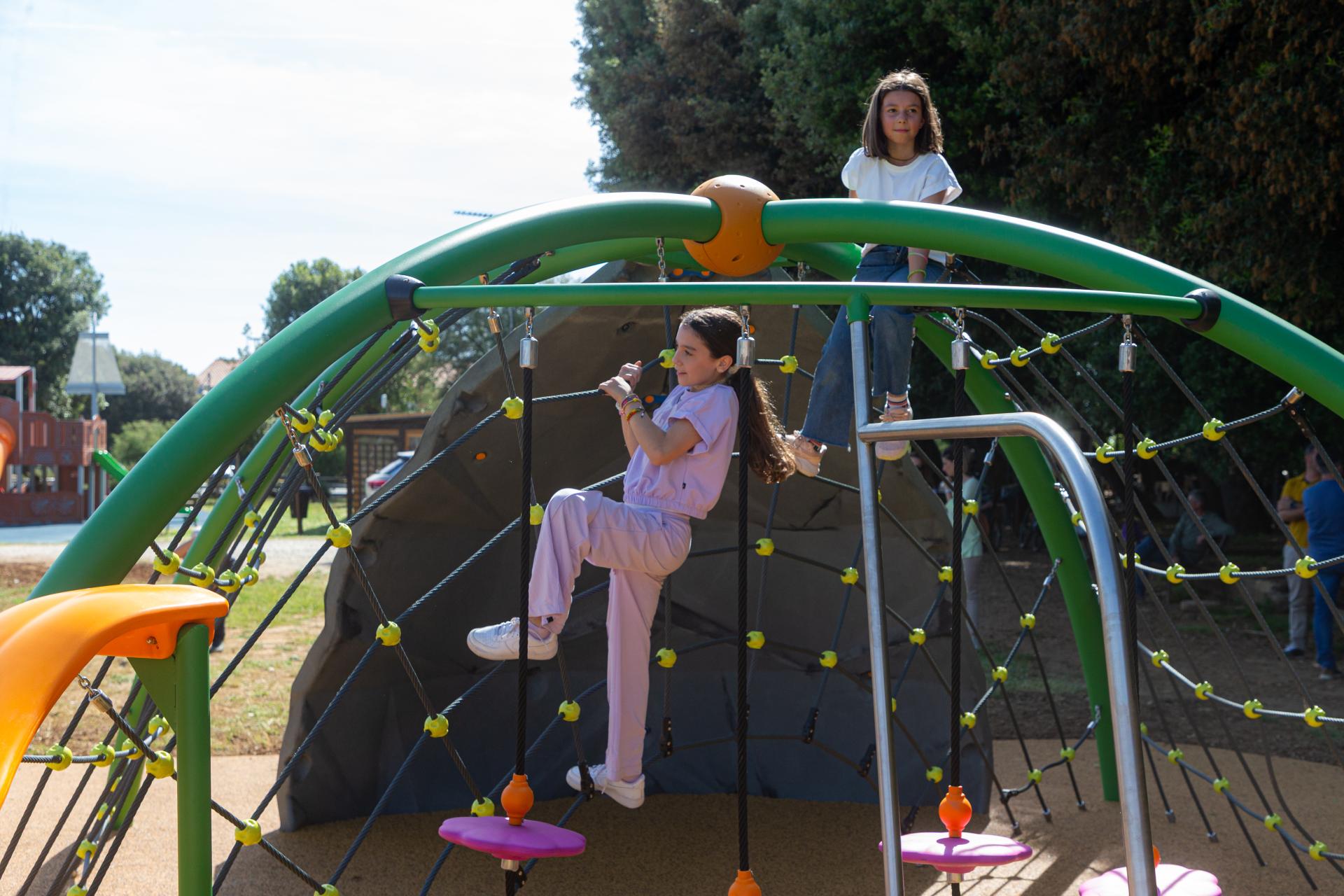
WHO IS RESPONSIBLE FOR A PLAYGROUND?
Once the equipment is installed and the playground is open to the public, full responsibility for the safety and upkeep of the facilities lies with the operator. The operator is required to continuously monitor the equipment to ensure it remains safe and fully operational. The operator must also act promptly to correct any defects, thus preventing potential hazards for users.In the event of an accident, the operator can only hold the manufacturer accountable in cases of design or production faults — not for issues arising from poor maintenance or normal wear and tear.The term "operator" refers to the individual or entity responsible for play equipment or complexes that are "freely accessible to the public". This includes not only public parks, but also other spaces such as campsites, hotels, residential areas, schools, nurseries, and other locations offering open and unsupervised access to play equipment.
WHAT IS THE OPERATOR OF A PUBLIC PARK REQUIRED TO DO?
The EN 1176-7:2020 standard requires publicly accessible parks to undergo periodic inspection and regular maintenance. There are three types of inspection:
The inspection interval and the qualifications of the personnel involved must be consistent with the equipment's risk level and frequency of use.
WHO CAN CARRY OUT VISUAL AND ROUTINE FUNCTIONAL INSPECTIONS?
There is currently no official register of individuals authorised to conduct inspections. However, the operator must ensure that only individuals with the necessary skills are appointed to carry out these tasks.For visual and routine inspections, it is often sufficient to follow the manufacturer’s guidelines (an Inspection and Maintenance Manual is available) and to receive training from a qualified person — typically someone who also conducts annual general inspections.In the case of larger or more complex playgrounds, it is advisable to attend specific training courses provided by accredited bodies such as TÜV SÜD Italia or TÜV Rheinland. These courses offer targeted, certified training to ensure the inspections are carried out correctly.
WHO CAN PERFORM THE ANNUAL GENERAL INSPECTION?
In order to carry out the annual general inspection, one must have an in-depth knowledge of the EN 1176 standard and relevant hands-on experience. To determine whether an inspector appointed to carry our a general inspection is qualified, it is recommended to request certificates attesting to their attendance of specific courses on playground safety according to the EN 1176 standard. Ideally, they should have passed an assessment and be able to provide verifiable inspection reports. The annual inspection report should include a full description of any non-conformities encountered and propose appropriate corrective actions, supported by photographic evidence. In the event of construction flaws, the inspector should cite the relevant sections of the UNI EN 1176 standard in the report, possibly quoting text from the standard to clarify for the operator that the structure need not be modified if it already complies.A professional inspector should be covered by an insurance policy that protects against potential errors in inspection, thereby also safeguarding the operator in the event of any accidents.
DOCUMENTATION MANAGEMTN
The EN 1176-7:2020 standard also requires the archiving of all documentation related to periodic inspection activities. The documentation should always be retained: document archiving can also be done electronically. Alternatively, it is advisable to use dedicated binders to store various documents such as play equipment certifications, staff training records, inspection reports, inspection manuals, etc.It is also essential to use a schedule summarising the different types of planned inspections, including the names of the persons responsible and assigned to carry them out.
RECOMMENDATIONS FOR SELECTING THE INSPECTION SERVICE
When requesting a playground inspection, it is important to specify that it is the "annual general inspection" as defined by the EN 1176-7:2020 standard, which is the most thorough, and requires specialised training.In Italy, TÜV SÜD and TÜV Rheinland offer 1-3 day courses with certificates of attendance or certificates of competence issued upon completion, the latter after passing a final assessment. Before commissioning an annual general inspection, it is important to verify that the inspector holds a certificate of competence.The inspection report should include photographic evidence, details of any non-conformities (with potential risk classification), and relevant regulatory references. A competent inspector should be in possession of the complete and up-to-date UNI EN 1176 standard, not just the course brochure. Relying on TÜV or its delegate ensures the inspector’s competence and the validity of the findings, always supported by clear regulatory references attached to the report.We recommend requesting the inspector’s credentials at the quotation stage, including a copy of their training and competence certificates and a sample final report to assess the quality of the documentation in advance. The inspector should also have an insurance policy to guarantee the quality of the service provided.
RECOMMENDATIONS FOR SELECTING THE INSPECTION SERVICE
A quality inspection service will have a cost that reflects the travel expense, the number of play structures to be inspected, photographic documentation, and the drafting of a report with regulatory references. Excessively low priced offers may indicate an incomplete or superficial service in relation to the EN 1176-7:2020 standard. It is crucial to prioritise the inspector’s competence over cost to ensure high quality service.Inspection must always precede maintenance, which is only required for any extraordinary interventions subsequently identified. Extraordinary maintenance is typically carried out at a later date than the inspection. The equipment must be inspected first, after which any need for extraordinary maintenance can be identified and scheduled.
SUMMARY
After the annual general inspection, the operator must receive:
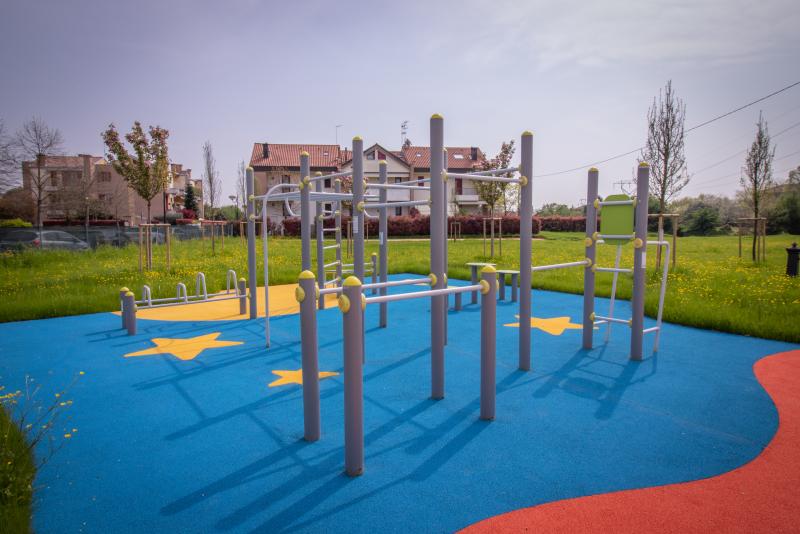
FITNESS AND SPORTS
The UNI EN 16630:2015 standard for fitness equipment in public areas and the UNI EN 15312:2010 standard for unsupervised sports equipment establish essential guidelines to ensure the safety and functionality of such installations. Both regulations provide clear guidance for conducting regular inspections, performing routine and extraordinary maintenance, and carrying out all necessary actions to maintain equipment safety and functionality.In line with these standards, Holzhof has developed a dedicated Inspection and Maintenance Manual for its fitness and sports equipment. This document is a key reference for the operator, offering a comprehensive overview of the required procedures, recommended methods, and inspection frequencies.
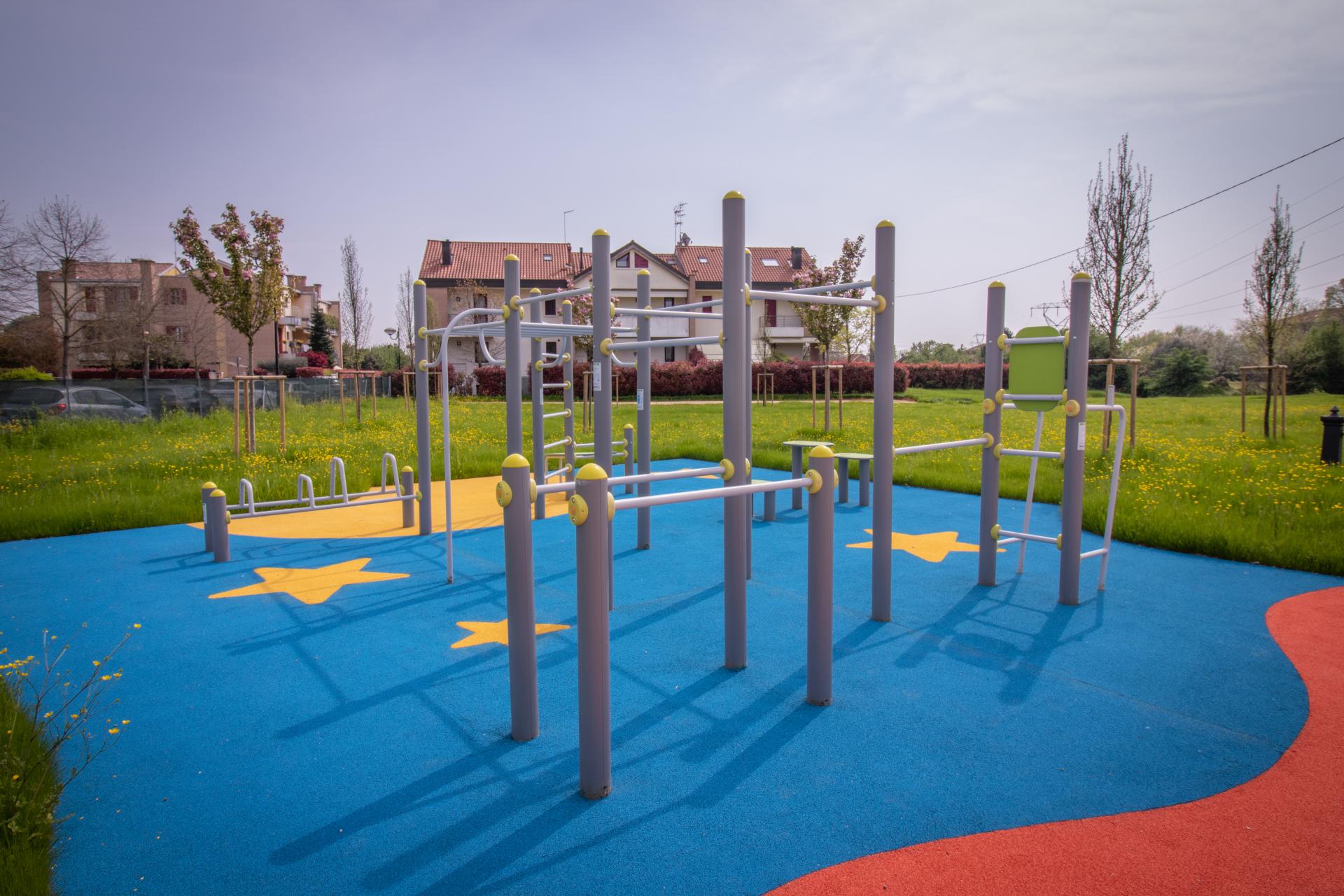
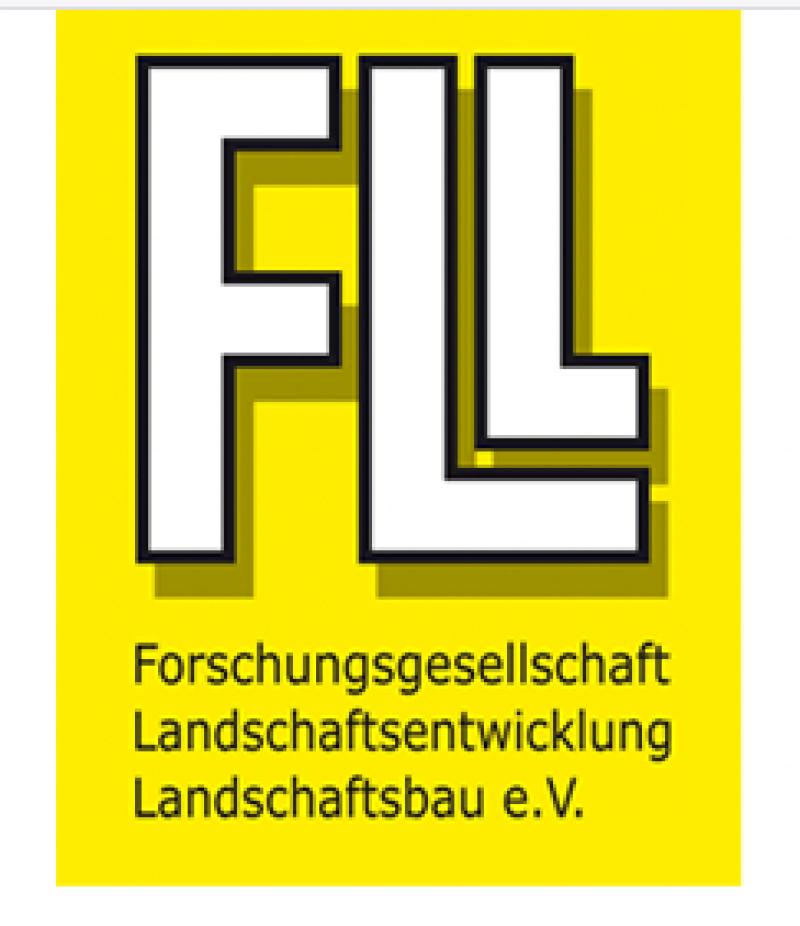
FLL-BSFH: Playground inspector with qualifications according to DIN SPEC 79161 standard
The German Institute for Standardization (DIN) and specifically the Commission dealing with sports equipment, at the request of the Playground Equipment Manufacturers Association (BSFH), has established uniform requirements regarding the competencies of playground inspectors. The designated body has also established a list of checks applicable during the main annual inspection service of play structures as well as the general testing after the installation of a new playground.
Based on what is established by the regulations, the FLL training institutes and the BSFH are able to provide thorough preparation to playground inspectors with a final exam to assess learning.
In this regard, we are proud of the fact that one of our owners, Mr. Gottfried Malleier, passed the exam in Germany in 2013 and since then can be considered a "playground inspector with qualifications established by the DIN SPEC 79161 standard".
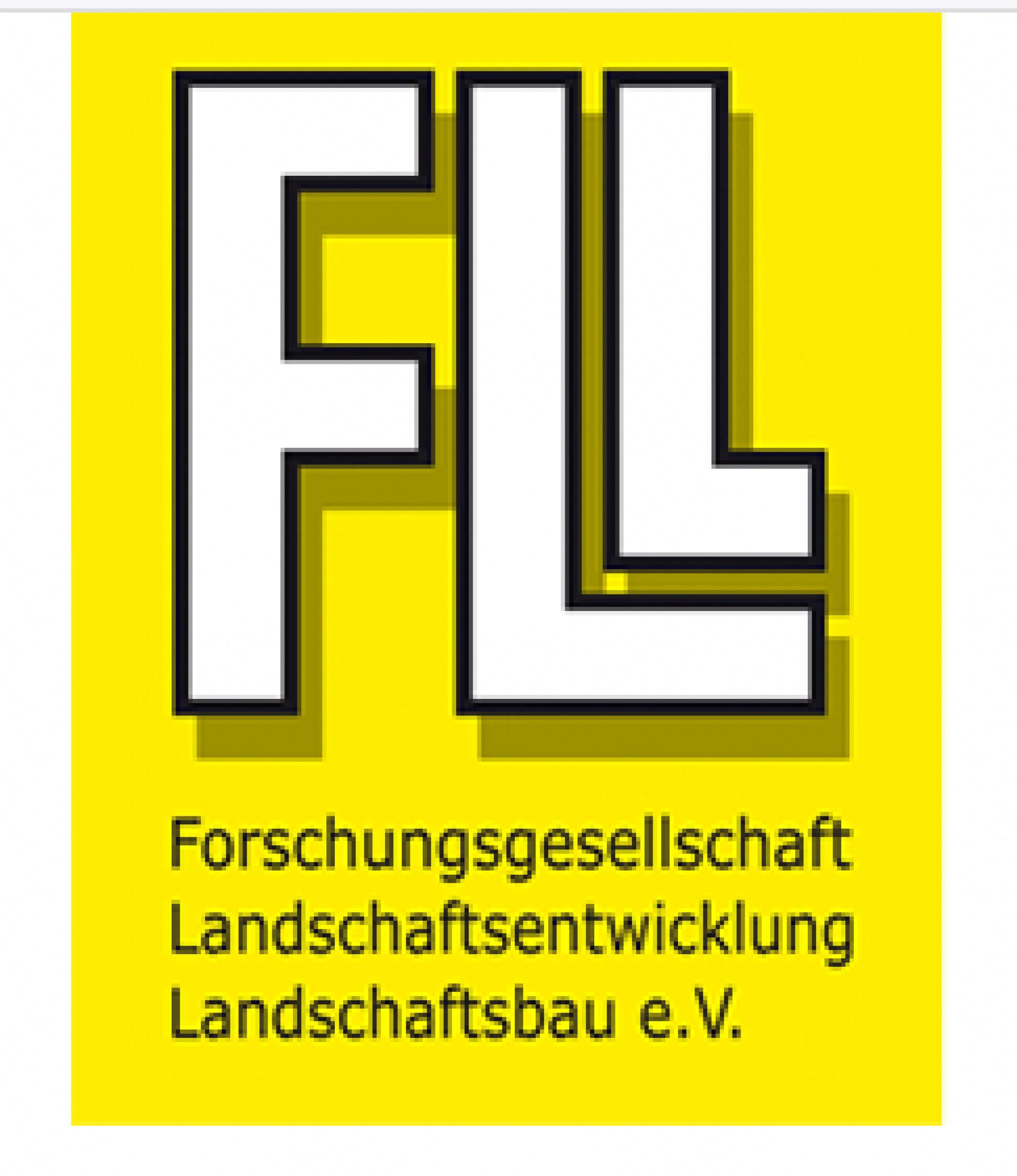

12/01/2026 |
Read the full news20/11/2025 |
Read the full news